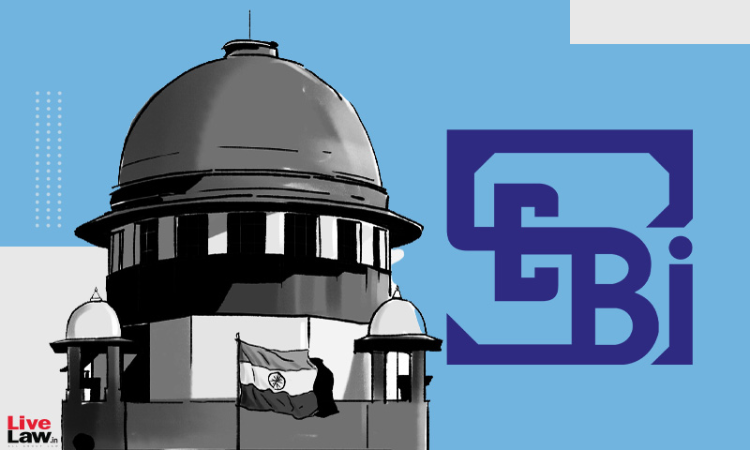For "Insider Trading", Mere Possession Of Sensitive Information Not Enough; Actual Profit Motive Essential : Supreme Court
Awstika Das
21 Sept 2022 7:24 PM IST

Next Story
21 Sept 2022 7:24 PM IST
The Supreme Court has held that merely because a person was in possession of unpublished price sensitive information at the time go trading in securities, it cannot be held that the transaction becomes the mischief of "insider trading", unless it is established that there was an intention to take advantage of the information.A distress sale of shares will not become "insider trading"...
